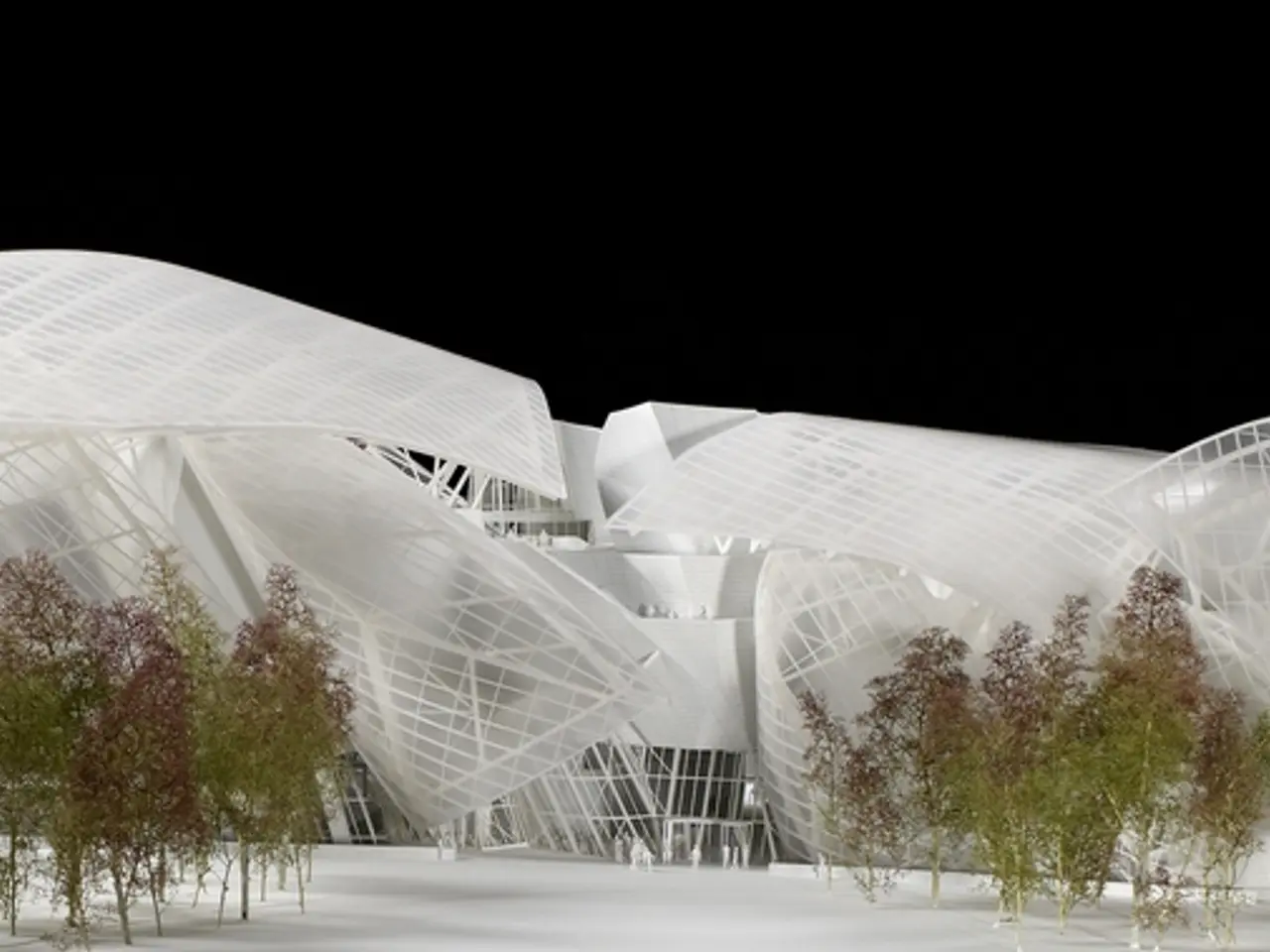American museums' impact drove Turkish heritage educator to rejuvenate archaeology for kids' learning
In the heart of Turkey, a nation rich in archaeological heritage, a shift in education is underway. Cultural heritage specialist Asena Ozge Yasar believes that by focusing on child-centred archaeological education, Turkey can shape the future guardians of its priceless history.
Archaeology, Yasar argues, offers children more than just historical facts. It gives them a way of thinking, a tool to understand their cultural heritage, and a means to see the future differently. When a child understands their roots, they begin to see the world, and more importantly, the future, in a new light.
However, Turkey lacks professionals trained to communicate archaeological concepts to children effectively. The result is often material that is either too complex or too simplified to be meaningful. This is where innovative approaches come into play.
Virtual tools like online games and digital excavation simulations are being used to bring history to life. Museums in Turkey are beginning to offer child-focused tours, making the once quiet and off-limits spaces vibrant and interactive. Yasar sees children as "natural archaeologists" who already dig, observe, and ask questions.
The ideal program would allow children to participate in all stages of archaeology, from simulated digs to curating small exhibitions, making them become archaeologists themselves. This hands-on, inquiry-based learning approach promotes critical thinking and emotional intelligence, fostering a sense of identity with Turkey’s rich historical past.
Simple exercises such as mock excavations or artifact categorization cultivate logical reasoning and empathy in children. Incorporating experiential learning opportunities, such as field visits to archaeological sites like Ephesus, can help children connect emotionally and intellectually with cultural heritage.
To implement this comprehensively in Turkey’s educational context, collaborations between schools, museums, and cultural institutions could establish curricula that combine interactive archaeology workshops with visits to heritage sites, fostering an integrative learning environment. Emphasizing collaborative learning, inquiry-based exploration, and reflection would develop children’s critical thinking skills and emotional intelligence while grounding their education in local history and global cultural connections.
Grassroots initiatives, museum programs, and workshops are beginning to fill the gap in Turkey's archaeological education. Yasar credits programs in the United States, such as those at the Fernbank Museum and Emory University's Carlos Museum, for inspiring her to develop new educational tools for Turkey.
However, the disconnect between cultural heritage and the daily lives of children in Turkey poses serious long-term challenges. Yasar believes museums must shed their image as quiet, off-limits spaces and encourage children to tell their own stories. In this way, children would not be passive learners but co-creators of knowledge, shaping the stories we tell about the past.
By fostering a love for archaeology and history in the younger generation, Turkey can ensure the preservation of its cultural heritage and cultivate a more reflective and empathetic society. The future of Turkey's past lies in the hands of its children, and with the right education, they can become its most dedicated protectors.
[1] Fernbank Museum of Natural History. (n.d.). Archaeology. Retrieved from https://www.fernbankmuseum.org/programs/archaeology
[3] The Archaeology Channel. (n.d.). Educational Journeys. Retrieved from https://www.thearchaeologychannel.org/educational-journeys
[5] Emory University's Carlos Museum. (n.d.). Programmes & Events. Retrieved from https://carlos.emory.edu/programs-events.html
- In Turkey, a shift in education is underway, focusing on child-centered archaeological education to foster the future guardians of its priceless history.
- Yasar proposes that virtual tools like online games and digital excavation simulations can bring history to life, making museums vibrant and interactive for children.
- The ideal program would allow children to participate in all stages of archaeology, promoting critical thinking, emotional intelligence, and a sense of identity with Turkey's rich historical past.
- To ensure the preservation of Turkey's cultural heritage and cultivate a more reflective and empathetic society, Yasar advocates for a love for archaeology and history to be instilled in the younger generation, inspired by programs in institutions like the Fernbank Museum, The Archaeology Channel, and Emory University's Carlos Museum.




